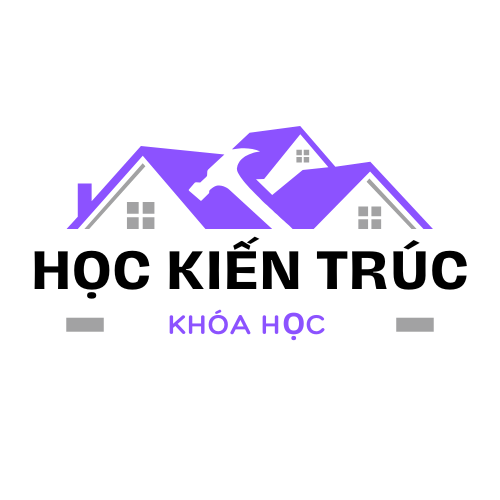The travel industry in 2025 stands at a juncture of advancement and responsibility. As global tourism rebounds to pre-pandemic levels, travelers and industry entities alike are maneuvering a landscape transformed by environmental priorities, digital innovations, and evolving traveler demands.
## Green and Planet-Conscious Travel
The imperative for sustainability has become a foundation of modern travel. By 2025, the tourism sector is projected to generate 6.5 billion metric tons of climate pollutants, necessitating immediate measures. Destinations like Costa Rica and Bhutan are spearheading this charge, with the latter maintaining its status as the world’s only emissions-reversing country through stringent guest quotas.
Regenerative tourism models, such as New Zealand’s Māori-led green adventures, are acquiring momentum. These initiatives reflect a broader shift: 73% of travelers now prefer brands with strong environmental policies.
## Personalization and Personalized Adventures
Luxury travel in 2025 is synonymous with hyper-personalization. Discerning travelers seek transformative journeys adapted to their unique interests. Operators like LuxGroup emphasize “responsible opulence,” blending indulgence with cultural immersion.
Artificial Intelligence is reshaping trip planning, enabling dynamic itineraries that adapt to instantaneous choices. This trend matches findings that 64% of luxury travelers prefer bespoke packages over generic options.
## Avoiding Overtourism Through Innovation
Overtourism remains a significant problem, prompting travelers to seek “substitute spots” and non-peak period trips. Cities like Ljubljana are alleviating congestion through car-free zones and pedal transportation systems.
Governments are taking action; Amsterdam and Majorca have enacted visitor caps and etiquette standards to maintain local ecosystems.
## Technology’s Role in Hassle-Free Tourism
AI’s influence reaches beyond personalization into operational efficiency. Chatbots handle 24/7 customer inquiries, while data projections optimize flight schedules and hotel pricing. Digital simulations previews allow travelers to “sample” destinations before booking.
Mobile platforms like Seven Corners simplify trip management, offering live information on weather, crowds, and transportation delays. Cryptographic recordkeeping enhances openness in carbon offset programs.
## Prolonged Trips and Cultural Immersion
The era of hectic vacations is fading. Luxury travelers are averaging two-week stays to intensify cultural connections. Families are increasingly embracing “professional voyages,” merging remote work with prolonged visits.
## Event-Driven Travel and Unique Adventures
“Concert traveling” has exploded, with fans journeying internationally for major events. Celestial tourism—exemplified by skywatching in Chile’s Atacama Desert—reflects increasing demand in celestial phenomena.
## Wellness and Digital Detox
Self-care journeys is evolving beyond wellness centers to encompass holistic healing. Unplugged getaways combine yoga with organic cuisine, aligning with a 95% surge in demand for self-care-centered itineraries.
## Financial Approaches and Budget-Aware Travel
Travelers are utilizing rewards systems and bundled offers to maximize value. Financial perks are being carefully utilized for upgrades, reflecting a shift toward “strategic indulgence”.
## Conclusion
The travel landscape of 2025 is defined by its duality: a hunger for exploration moderated by ethical accountability. As destinations balance advancement with protection, stakeholders can ensure tourism remains a connection—not a obstacle—to a more connected and conscientious world.
